Inundeni este un sat din cadrul comunei Vasilcău, raionul Soroca. Localitatea se află la distanța de 14 km de orașul Soroca și la 152 km de Chișinău. Conform datelor recensămîntului din anul 2004, populaţia satului constituia 320 de oameni. Satul Inundeni a fost înființat în anul 1932.
Read more-
Holidays and customs
- National events
-
Folk and religious holidays
- Christmas
- Saint Vasily
- Epiphany
- The Cathedral of the forerunner and Baptist of the Lord John
- The Holy Martyress Tatiana
- The feast of worship honest chains Holy and praised Apostle Peter
- Saint Gregory The Theologian
- The Synaxis of the Universal teachers and hierarchs Basil the Great, Gregory the theologian and John Chrysostom
- The Holy Martyr Trifon
- Saint Valentine
- The Presentation Of The Lord
- The Holy Рarlampi or the Day of Plague
- Dragobete
- The Holy Kasyan
- The Holy 40 martyrs of Sebastia
- The monk Alexis, the man of God
- Annunciation Day
- Palm Sunday
- Easter
- Blessed Easter (Pashtele Blaginilor)
- Saint George
- Transfer of the relics of Saint Nicholas from Myra to Bari
- The Holy equal apostles Constantine and Elena
- Ascension Day of the God Jesus Christ (Ispas)
- Trinity
- Rusaliy
- St. John The Baptist (Synsyene)
- The Holy Apostles Peter and Paul
- Ana-foka
- Kirike Shkopul
- The Holy prophet Ilya
- «Ilie Pelie» and Focka
- The Holy Panthelemon
- Makovey Day
- The Transfiguration Of The Lord
- Assumption Of The Blessed Virgin
- The beheading of the Prophet John the forerunner
- St. Simeon The Stylite
- Miracle Of The Archangel Michael
- Nativity Of The Blessed Virgin
- Exaltation of the Venerable and life-creating cross of the Lord
- Protection Of The Blessed Virgin
- Saint Paraskeva Friday
- The Great Martyr Dmitry (Simedru)
- Holy Archangels Michael and Gabriel
- Introduction to the temple of the MostHoly mother of God
- St. Andrew
- The Great Martyress Barbara
- Saint Sava
- The Holy Hierarch Nikolai
- Conception Of The Blessed Virgin Mary Anne
- Saint Spyridon The Wonderworker
- Temple Feast Day
- Sfîntul Ignatie
- Sfinţii Cosma şi Damian, doctori fără de arginți din Roma
- Sfinții „doctori fără de arginți” Cosma și Damian din Asia
- Family holidays
-
Magical practices and folk beliefs
- Tradițiile lunii aprilie
- Tradițiile lunii mai
- Tradițiile lunii iunie
- Ielele
- Tradiții de Sînpetru
- Păzitul Usturoiului
- Filipii de iarnă
- Martisor
- Strigoi, vîrcolaci, moroi şi pricolici
- Ovidenia
- Spolocania
- Paparudele
- Ouăle roșii
- Drăgaica
- Tradiții și superstiții pe 11 septembrie, la Tăierea Capului Sfîntului Ioan Botezătorul
- Sfînta Maria Mică, tradiții, superstiții și obiceiuri. Ce ai voie și ce nu ai voie să faci
- The days of Baba Dokiya
- Caloianul
Calendar of events
Holidays and Customs
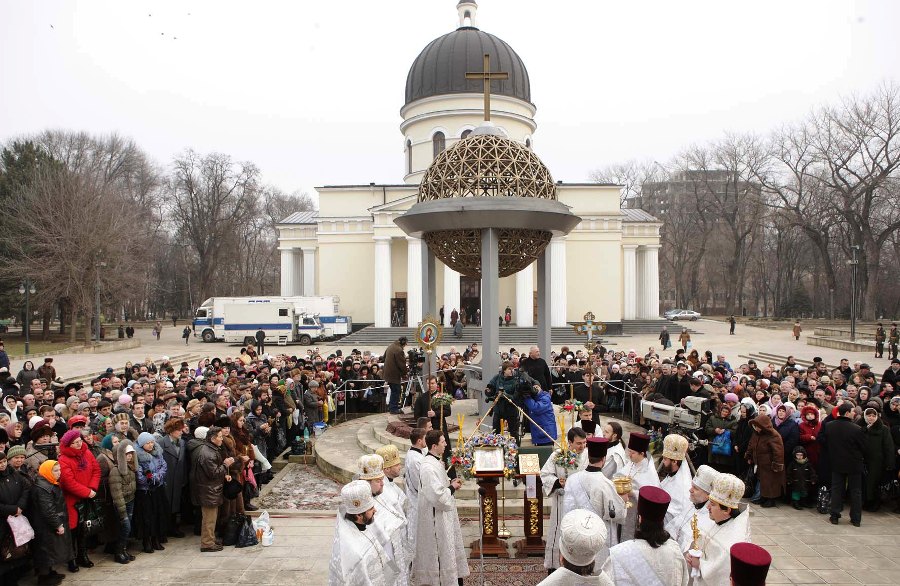
Moldavian holidays and customs are marked by the values inherited from our ancestors, which consolidate the Moldavian nation and contribute to its self-identity. National holidays are celebrated during one or several days, they have an established date of celebration or a date that changes from year to year. The Moldavian holidays are dedicated to divine creatures, people, animals, birds, plants, Earth etc. Traditional national holidays and customs are observed nowadays as well. It should be mentioned that the Moldavians enriched their lives with beautiful festivals and customs full of profound meaning throughout their century-long history.
The system of national holidays and customs is rather complex and includes traditions and ceremonies, believes and superstitions. This is the reason why scientists haven't created an uniform and integral classification in this sphere yet.
A Holiday is a day of celebration, established to honor or commemorate some significant events. Holidays are usually accompanied by folk feasts. Sometimes these days are proclaimed to be official holidays of the country. As are these that are dedicated to important historical events of Moldova: May, 9th – The Day of Victory, August, 27th – Independence Day, August, 31st – Day of Native Language.
Fortunately, there are quite a lot of national holidays in Moldova. They include both social and religious orthodox festivals, which are listed below.
The first holiday in the calendar is The New Year on 1st of January. Traditionally it is celebrated with family or with close friends. The New Year is followed by Christmas which is celebrated on 7-8th of January according to the tradition of the Moldavian Orthodox Church. The first spring holiday is Mărțișor on the 1st of March. On this day Moldavians give each other mărțișori as presents, which symbolize the beginning of spring and new life. The International Women's Day is also celebrated on the 8th of March. Great religious holidays are observed in March as well, but the date of celebration changes from year to year. Thus, Orthodox Easter takes place after the first Full Moon that follows the spring equinox. A week after Easter, orthodox believers commemorate Parental Day to pray for their dead relatives. Usually people come to their relatives' graves on this day. The International Labour Day (May, 1) is also a holiday in Moldova. Victory Day is celebrated on the 9th of May. As it was mentioned above, Independence Day is celebrated on the 27th of August and in several days afterwards the country celebrates the Day of the Native Language on 31st of August. Religious holidays play an important role in the holiday calendar. First of all they are holidays dedicated to Jesus the Christ (Christmas, Epiphany, Easter, Ascension Day, etc.) and days to pray to the saints (St. Basil's Day, St. George's Day, St. Constantine and Helen's Day, etc.). It's necessary to mention the Dedication Days in cities and villages as well, which are the days of saint church patrons. There's a tradition in our country to celebrate several types of Dedication (Patron Saint's) Days of the family, church, abbey and settlement.
The dearest to the spirit of our people are family celebrations: weddings, christenings and others. The most beautiful folk traditions, preserved till nowadays, are connected with this category of holidays.
Our customs are represented by various bright folk spectacles and events possessing deep religious sense and symbolizing the close connection of the human-being with nature, the surrounding world. This understanding of human's origin establish the so called unwritten rules of people's behavior, which are retold from generation to generation.
The Moldavians have special traditions of mutual help, for example, when building houses, digging and cleaning wells, preparing the dowry, you can always expect a hand of help.
From a general point of view, the Moldavian traditions combine the exciting aspect of ancient lore and the spectacular serenity of the ceremonies. That's why it is very important to realize the necessity to preserve our connection with the past, to defend and promote our century-old traditions and material heritage.
© Moldovenii.md all rights reserved.
Is forbidden to copy the materials without the owner’s consent.
The information published on the site can be taken only by indicating the source www.moldovenii.md .
If you have any questions please contact us by email: support@moldovenii.md
www.moldovenii.md does not support and does not promote any of the political parties.

 16
16 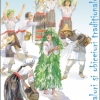

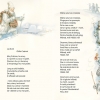

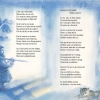
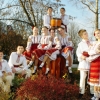
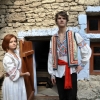
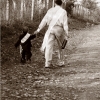

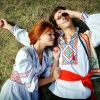



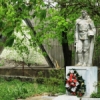
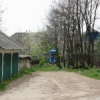
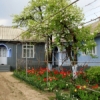
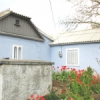
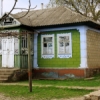
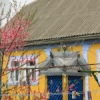

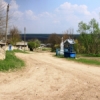
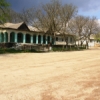











 My playlists
My playlists